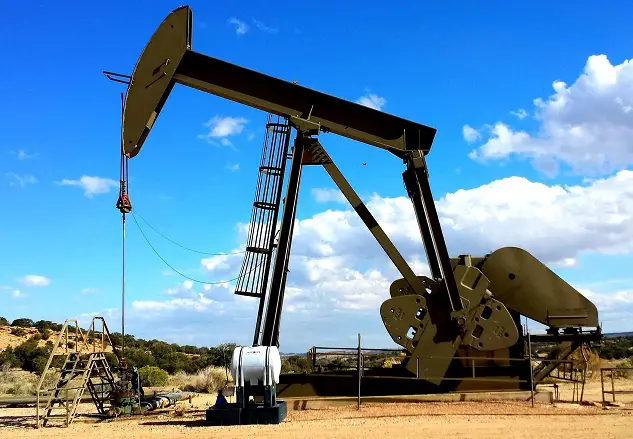At the most recent OPEC+ meeting, led by Russia and Saudi Arabia, an agreement was reached to increase production cuts by the alliance to 2.2 million barrels per day (bpd), according to a statement released by the participants on Thursday.
With its members responsible for over 40% of global crude oil production, the group met to negotiate the output levels for next year as traders were increasingly worrying there would be a potential surplus of crude on the market following the termination of the current production cut levels, which are set to expire at the end of December.
The new plan will see the previous 1 million barrel per day production cut by Saudi Arabia, as well as the 300,000 barrel per day cuts by Russia extended. In addition, Russia will reduce its refined product exports by 200,000 barrels per day, and there will be an additional 700,000 barrel per day reduction in crude output to be spread among other members. According to reports, the UAE is planning to cut its output by 163,000 barrels per day, and Iraq will make a cut in production output of 220,000 barrels per day.
Should market conditions prove favorable, the plan is for crude producers to gradually reduce the size of their cuts after the first quarter of the year.
OPEC+ has been adjusting its output levels in an effort to support the price of crude and stabilize the global oil market since late 2022, when it implemented a series of cuts as oil dropped following a volatile year produced by a mixture of the threat to the market of the war in Ukraine, and Western sanctions applied to Russia in an effort to reduce its profits from the sale of energy products. Since then the war between Israel and Hamas has only increased perceptions of potential risk and instability.
Crude prices briefly rose following the announcement of the decision, but declined later on Thursday and extended the losses on Friday, due to uncertainty about the specifics of the plan. Brent crude for February was trading just above $80 per barrel as of 09:00 GMT while West Texas Intermediate was trading at about $76 per barrel.
Analysts say traders were overall disappointed with the outcome of the meeting, as they looked for a longer lasting production cut, which was non-voluntary and binding on all members.

